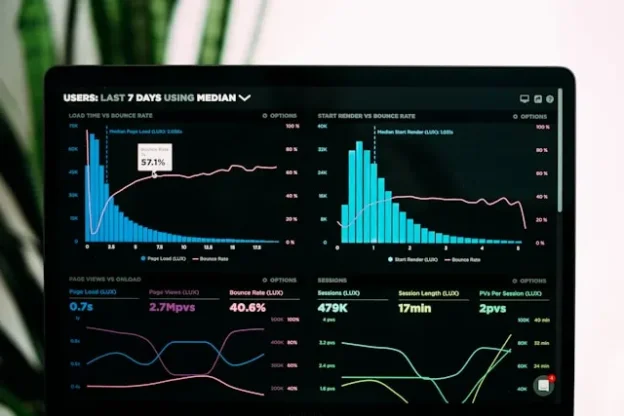In a post on the official Google News Blog, Google has warned publishers that publishing content that fails to clearly discriminate between editorial and advertising may harm their ranking and Google News SEO.
The decline of traditional advertising revenue has forced publishers to devise new methods of generating income from their content. One method that has rapidly gained popularity in recent months is native advertising.
Native advertising is akin to the traditional advertorial. Publishers publish promotional posts with much of the same context as editorial content. Such articles might include a subtle note stating they are promotional content. However, they look almost exactly like the regular content of the site.








